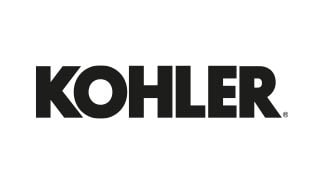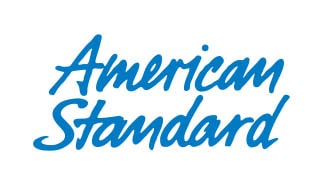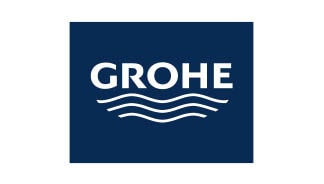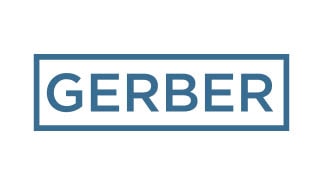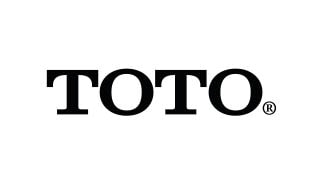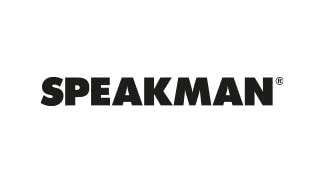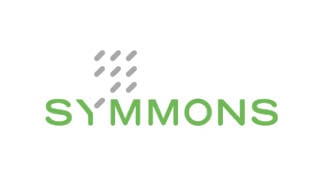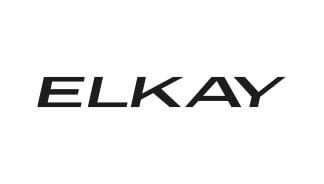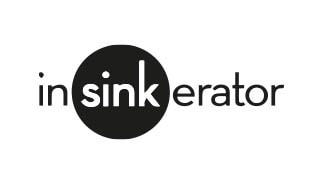Published on
November 9th, 2023How Property Owners Should Prepare To Handle Winter Plumbing Emergencies
Winter is notorious for plumbing problems. Pipes can freeze or break when temperatures drop below 32°F. On average, New York City experiences temperatures between 25°F and 40°F during the winter months, with the coldest month being January — an average low of 29°F.
As a property owner, you want to prepare your buildings for colder weather. With the right precautions and by working with qualified professionals, you improve your chances of avoiding a significant plumbing emergency this winter. Discover the steps for proper winterization and the most common threats to your building.
Winterization: Plumbing Emergency Avoidance
Understanding Winterization
Winterization is the process of preparing and protecting various systems, equipment, and structures to withstand the harsh conditions of winter, particularly in colder climates like NYC. The practice is essential to prevent damage, maintain functionality, and ensure safety during the colder months.
During winterization, several key areas are addressed to mitigate the challenges posed by freezing temperatures, snow, ice, and other winter-related hazards.
One of the primary focuses is on sealing gaps and insulating walls and attics to conserve heat and reduce energy costs. It also includes safeguarding plumbing systems against freezing, such as by insulating pipes and disconnecting garden hoses to prevent burst pipes. Roof maintenance is vital as well to prevent ice dams that can damage roofs and lead to leaks inside.
Ultimately, winterization is a comprehensive process that involves several systems and areas of your property. The process is challenging to face alone and often requires professional assistance. Sanitary Plumbing is happy to address any concerns you may have about your plumbing system and ensure it is ready and functioning for the cold season.
Common Emergencies: What To Expect This Winter
Worst-Case Scenarios
No one expects or wants to deal with a plumbing emergency. Still, as a landlord, it is in your best interest to expect the worst while you hope for the best. By focusing on the worst potential outcomes, you can better prepare and assess your existing systems.
Expecting the worst does not demand investing in new equipment or materials, unless that is necessary. It does mean considering the worst case scenarios and reviewing the likelihood of those outcomes.
For example, one of the worst things that can happen in the winter is for your boiler or water heater to break down. Common factors of a boiler or water heater failure are age and maintenance. How old is your boiler or water heater? The average life expectancy of a boiler is 15 to 20 years, while the average for a water heater is eight to 12.
Do you maintain adequate maintenance records and hire professionals for all required services and inspections? On average, plumbing systems require annual inspections and maintenance. If you keep up with maintenance and inspection schedules, and the two appliances are within their service life, the risk of failure or a plumbing emergency is minimal.
Obviously, more goes into assessing systems. Sanitary Plumbing is available to inspect or service your current plumbing system to determine its winter readiness.
Clogged Drains and Backed-Up Systems
More people equals more problems for your building’s plumbing. The colder temperatures of NYC mean more people are staying in than going out. Also, the winter is host to several significant holidays, including Christmas and New Year’s, meaning tenants are likely to have relatives and guests visiting.
More people in your building means more hair, soap, food, trash, and other debris in your drains. Even without lower temperatures, drain waste can be a problem. To limit your property’s risks of clogs and back-ups, inform tenants about drain etiquette. Provide a list of items that can and cannot go into the drains.
If a tenant experiences a clog, encourage them to contact your staff. Inform the staff to call Sanitary Plumbing to resolve the issue. Discourage the use of drain cleaners or augers; while these tools can be effective in the right hands, they can cause damage to a system when handled improperly.
Minor Leaks
Severe leaks qualify as a plumbing emergency, but minor leaks may present greater risks in the winter. While severe leaks demand notice and action, minor leaks often go unnoticed for weeks or months. The problem with minor leaks is not just in damage costs. The more significant threat is line breaks or burst pipes.
If plumbing runs along an exterior wall and has a small leak, even just a pinhole, the exposure to cold temperatures can freeze the exposed water, which can create ice in the line. Ice in the supply is never good, potentially leading to excess pressure, cracks, and breaks.
Before winter sets in, you should hire Sanitary Plumbing to perform a thorough inspection of your building’s plumbing system. Also, make sure you and your staff know where the water main shutoff is in the building in case of an emergency.
Frozen Pipes
One of the biggest plumbing emergency threats is frozen pipes. When pipes freeze, the water in the line expands, putting outward pressure on the pipe. The extra pressure can cause the pipe to split or seals to fail, resulting in a significant mess.
To prevent frozen pipes, heat must be left on throughout the building. Depending on the setup of the system, building managers might be able to control specific settings. If not, inform tenants that under no circumstances is it OK to completely turn off their heat. Many tenants try to shut the heat off completely, especially if they are going out of town, but this is a significant threat to your property.
You can also prevent frozen pipes by preventing any unnecessary heat loss. Check attics for proper insulation, and inspect window and door seals. Also, consider contacting an HVAC professional to inspect and reseal ductwork seams. Finally, if necessary, install insulation around exposed plumbing.
Sanitary Plumbing: Avoid a Plumbing Emergency With Professional Maintenance and Inspections
Schedule Pre-Winter Inspections and Maintenance
While there is no good time for a plumbing emergency, the winter is especially challenging. The frigid temperatures and accumulation of snow and ice make repairs and maintenance difficult. By preparing now and winterizing your property effectively, you can avoid most risks. Contact Sanitary Plumbing at 212-734-5000 to schedule plumbing maintenance and inspections — ask about annual service contracts.
